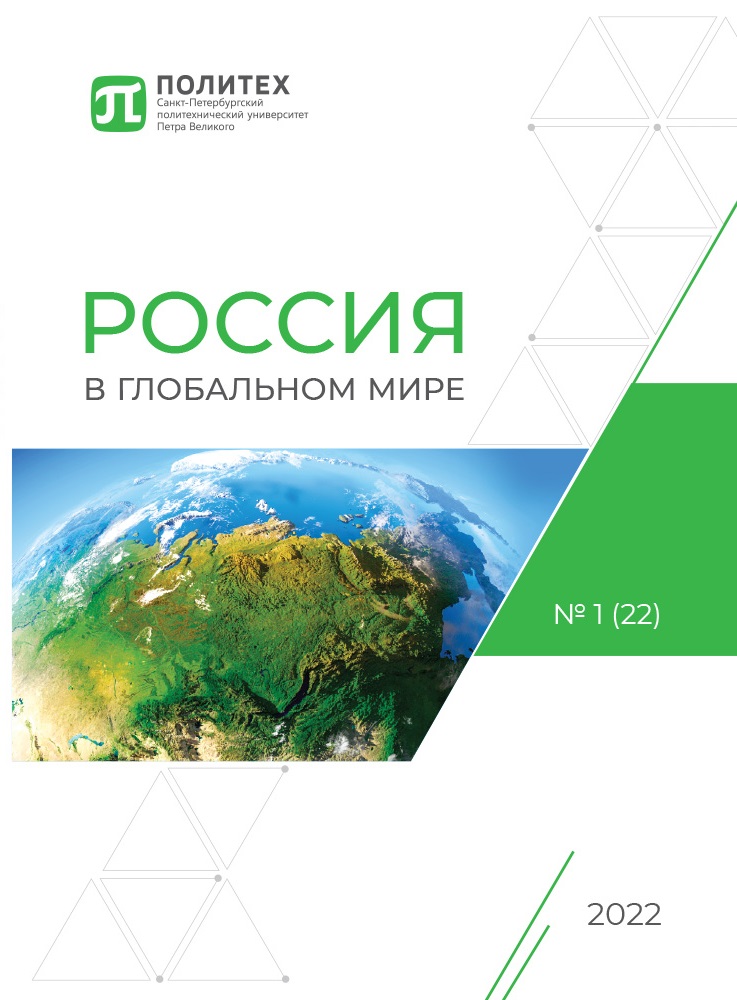China and Russia: International Law and Cybersecurity (Issues, Reflections and Countermeasures)
Introduction. International management of cybersecurity in the digital world faces a number of challenges and ethical issues related to technology, ethics and behavior. The study provides a conceptual basis for understanding the legal causes underlying existing cyber space problems, It also proposes models for solving these problems and responding to associated risks from different perspectives. International law plays a key role in cybersecurity, but it is not always adapted to the modern specifics of cyberspace.
Materials and methods. The source base of the research was made up of official documents of international organizations, conference and summit materials, and scientific publications. Based on the content analysis of specific situations and the obtained characteristics, key security problems in the cyberspace of the Russia and China from the point of view of state strategy have been identified.
Results. The origins of the dilemma in the field of international cyber security were investigated, with a focus on the contradictions and ethical aspects that are highlighted in the works of Chinese, Russian and Western scholars. The conflict of interests between countries with different levels of technological development regarding the establishment of rules of conduct in cyberspace is demonstrated. The author argues that the gap in internet technology development between Western and Asian states is widening. This indicates the uneven resolution of global cyber space issues.
Discussion. In the process of transforming the international cyberspace security management system, individual countries can enhance their status and influence in the international cyberspace security management system by introducing new cyber technologies, security standards, and adhering to a network management model based on a "multi-pronged approach" in international law.
Conclusion. Faced with international challenges in the field of cybersecurity, governments around the world adhere to different approaches and response strategies. The lack of international norms of behavior in cyberspace and the predominance of "unilateral" legislation have led to an unbalanced development of international security management in cyberspace, which indicates the direction of development of global network management and helps to establish a new network management order. Many countries recognize that current international law applies to the use of information and communication technologies, but there are no specialized rules that would clearly regulate cyberspace. The results of the study could be useful for the study of regional science, the development of international law and cyber security issues.


